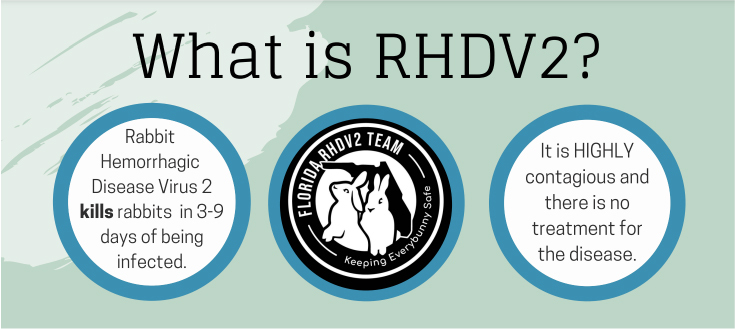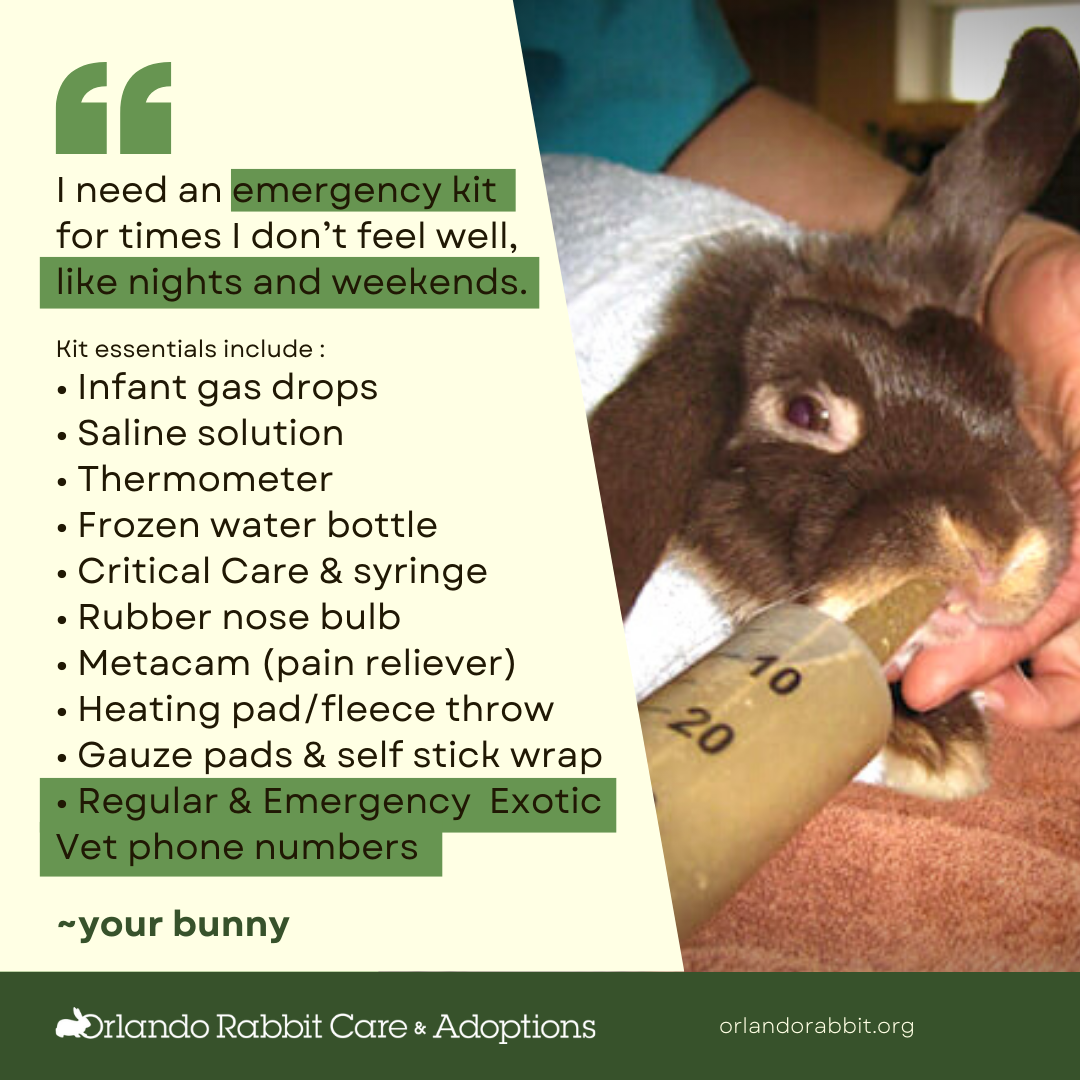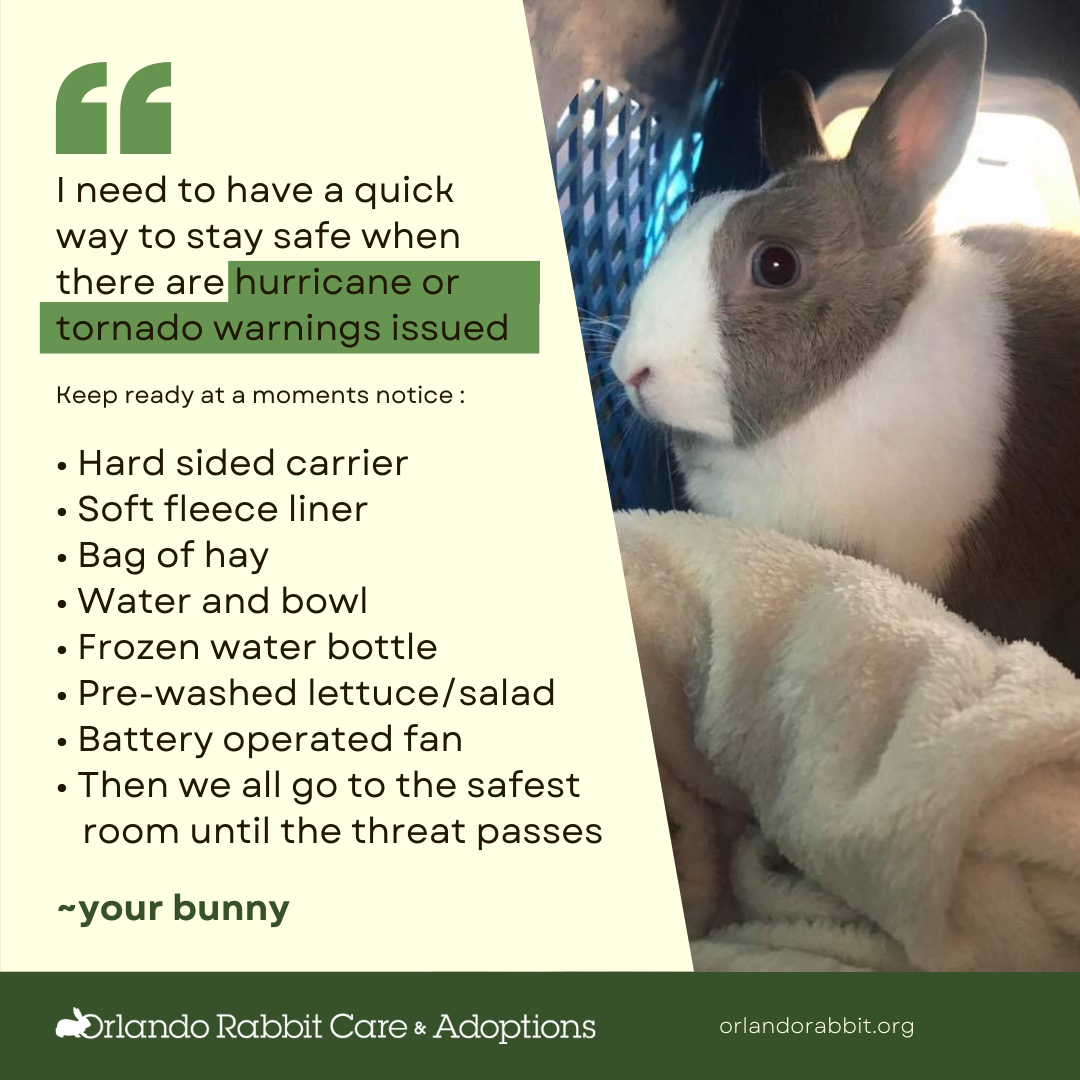Medical Care
It is vital to have some first aid materials on hand in case of an emergency. We always hope that nothing will ever happen, but it is best to be prepared.
- You should have a vet's number and address.
- Keep a variety of small animal oral syringes on hand. You will need these to administer medications or Critical Care.
- Oxbow Critical Care™ or another nutritional recovery product is highly beneficial. These are supplements you syringe feed your rabbit to help when they are recovering from surgery or experiencing GI stasis. Keep this in the freezer to prolong its shelf life.
- Baby gas drops (Simethicone) help relieve gas.
NOTE:
A vet must prescribe the ONLY flea and mite medication recommended by vets for rabbits. DO NOT use any over the counter medication for a rabbit. A dose of incorrect medicine can cause death.
Gastrointestinal Stasis—Silent Killer
GI stasis is one of the most common problems in house rabbits. This condition requires immediate attention and or veterinarian care. You need to understand the symptoms, the signs, and the steps to treat and prevent this condition.
How to Help a Rabbit with Gas Pain - Mary Cotter (rabbit.org) VIDEO - Bunnies and Gas - Tummy Massages
- No apparent interest in eating
- Lethargy
- Not drinking water
- Few or no new fecal droppings
- Bloated or distended abdomen
- Lying like a loaf with little movement
- Rapid breathing
- Appearing distressed
- Teeth grinding
- Very noisy gut sounds or no gut sounds
- Diarrhea
Quick action on your part can make a life-saving difference. You first need to recall the last time you saw your rabbit eating. Time is of the essence, as a rabbit can die within 24 hours if it has not eaten.
If you cannot get to your veterinarian quickly (evening, weekend, holiday, etc.), you must try to stabilize your rabbit. Below are the steps you need to take immediately to relieve your rabbit's pain and encourage eating.
- Tummy massages are one of the most beneficial ways of stimulating a lazy gut. Place a towel on a table or countertop, then place the rabbit on their stomach, and gently massage the abdomen moving your hands side to side in the same direction. (Please watch video link below before trying massage.) Tummy massages are recommended every 30 to 60 minutes.
- Simethicone (baby gas drops) are available for purchase at any grocery store in the infant section. This can help to break up the gas bubbles. A five-pound rabbit can have 1cc every 2-1/2 – 3 hours; adjust according to the rabbit's weight.
- Syringe feeding of water is needed as the rabbit may be dehydrated. Syringe feed your rabbit up to twenty-four ounces of water every 2-1/2 – 3 hours. This can also help stimulate their digestive tract.
Nutritional recovery products, like Oxbow Critical Care™, can also help your rabbit get through GI stasis by jump-starting its digestive tract. Mix one teaspoon of the product with three teaspoons of warm water and give it directly to the rabbit with an oral syringe. These products are available at the vet's office, pet stores, and online; it is recommended that you keep some on hand. Keep unused Critical Care in the freezer for long-term storage.
After feeding Critical Care, wait a few hours. If your rabbit still does not eat, give it another dose. You can also massage your rabbit's tummy during this time to help break up the gas bubbles.
In summary, gas and GI stasis are preventable with a diet high in fiber (timothy hay and greens) and low in carbohydrates and sugar. Lots of leafy, green vegetables and decent quality green hay (hay should never look yellow like straw) and plenty of fresh water and exercise are essential components to avoiding GI stasis. Observe your rabbit for changes in appetite, activity level, and fecal output. Your rabbit's life might depend on it! IF YOUR RABBIT HAS NOT EATEN IN 12 HOURS, DO NOT WAIT. TAKE YOUR RABBIT TO A VETERINARIAN IMMEDIATELY!
Rabbit Hemorrhagic Disease Virus (RHDV2)

RHDV2 is a deadly disease that infects domestic and wild rabbits. There is no cure. Rabbit Hemorrhagic Disease Virus 2 kills rabbits in 1 to 5 days after infection. It is HIGHLY contagious to other rabbits, and there is no treatment.
In case of an outbreak, you need to institute pre-emptive measures to protect our domestic rabbits. Keep pet rabbits indoors. Remove shoes outside of the house. Wash your hands, clothes, shoes, etc., before caring for your rabbits. Sanitize outdoor gear. Please refer to our website for the proper way to sanitize your items. Do not handle or consume meat from dead or sick wildlife. Do not allow pets to encounter ANY dead wildlife or domestic animal. Do not fly personal birds in areas where there is a report of RHDV2 cases. REPORT dead animals to the appropriate agency.
- Wild Rabbits: Florida Fish and Wildlife Commission - 866-293-9282
- Domestic Rabbits: Division of Animal Industry - 850-410-0900
A vaccine is now available and offered by select exotic veterinarians. Please contact your local exotic veterinarian to inquire about the vaccine.
Vaccinating your Rabbit:
Orlando Rabbit Care and Adoptions will be providing periodic updates regard this serious disease affecting both domestic and rabbits in the wild.
Get your rabbit vaccinated against RHDV2! Additional information can be found on the House Rabbit Society website.
Finding an Exotic Veterinarian
Exotic? Yes, domestic rabbits are “exotic pets.” As such, they require specialized care that not all veterinarians are qualified to provide. You should carefully screen a veterinarian before making an appointment. It is important to establish a relationship with a vet prior to emergencies, annual check-ups are recommended. Visit our Resources page to find a qualified Vet near you.
Sheltering your Rabbit
If you need to shelter your rabbit during a storm, you may need this vital information.
Emergency Kit:

Hurricanes and Tornados:
